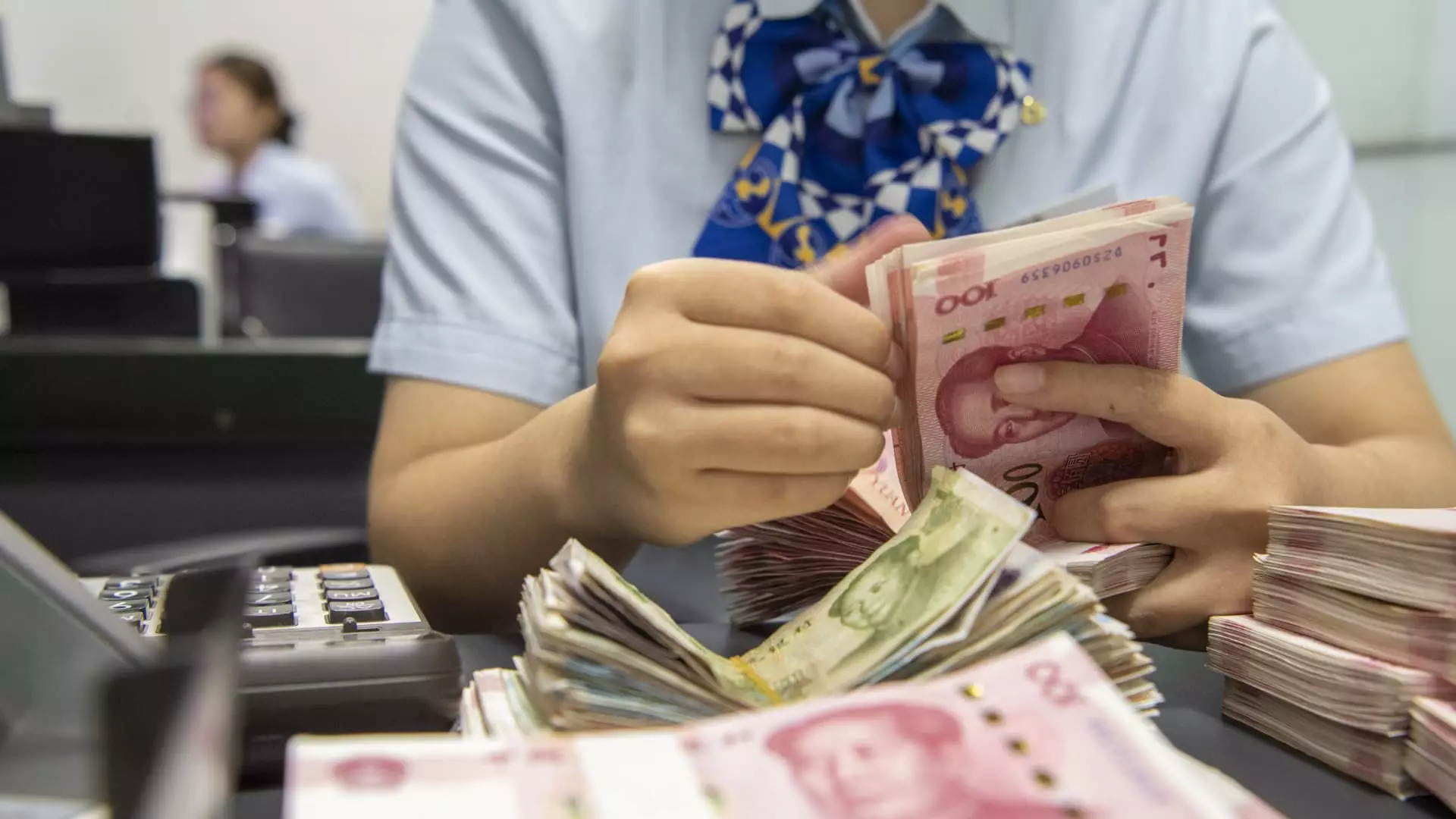In a move to boost the country’s sluggish property market, China’s central bank has reduced the benchmark five-year loan prime rate for the first time since June. While the one-year loan prime rate, which is the basis for most household and corporate loans in China, remained steady at 3.45%, the five-year loan rate, crucial for mortgages, was slashed by 25 basis points to 3.95%. This decision, as announced by the People’s Bank of China, comes as a part of the government’s efforts to stimulate economic activity and revive the real estate sector.
The larger-than-expected cut in the five-year loan rate has been met with a mix of reactions from market analysts and investors. William Ma, the chief investment officer at GROW Investment Group, sees this move as a positive sign for potential homebuyers, emphasizing that the reduced funding costs for buying houses and obtaining mortgages will have a significant impact. This rate adjustment is seen as an indication of the government and regulators’ efforts to ensure that banks remain financially sound, a crucial aspect of maintaining stability in the financial sector.
China determines its loan prime rates monthly, with input from designated commercial lenders, to align with its medium-term policy rate. While the PBOC decided to keep the medium-term policy rate unchanged for February, it made significant adjustments to the reserve ratio requirements for banks on February 5. By reducing the reserve ratio requirements by 50 basis points and injecting 1 trillion yuan into the financial system, China aims to provide long-term capital support while encouraging banks to increase lending to high-quality real estate developers.
Following Beijing’s crackdown on developers’ excessive debt reliance in 2020, the property market in China experienced a downturn, leading to bankruptcies among major real estate firms and affecting consumer and overall economic growth. The government’s recent monetary policy adjustments, including the reduction in benchmark loan rates and reserve ratio requirements, aim to address these challenges and revitalize the real estate sector, a significant contributor to the country’s economic activity.
China’s decision to lower the benchmark loan rates demonstrates its commitment to supporting economic growth and stability, particularly in the real estate sector. While the full impact of these policy changes may take some time to materialize, they signal a proactive approach from the government in addressing key challenges and fostering sustainable development in the world’s second-largest economy.


Leave a Reply